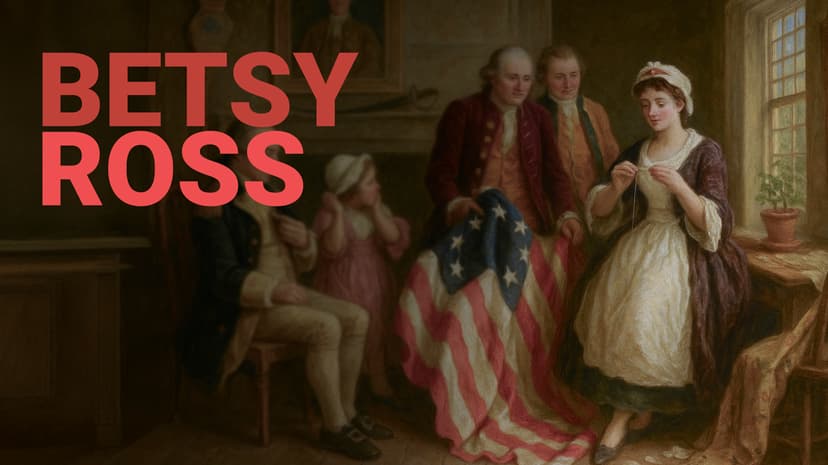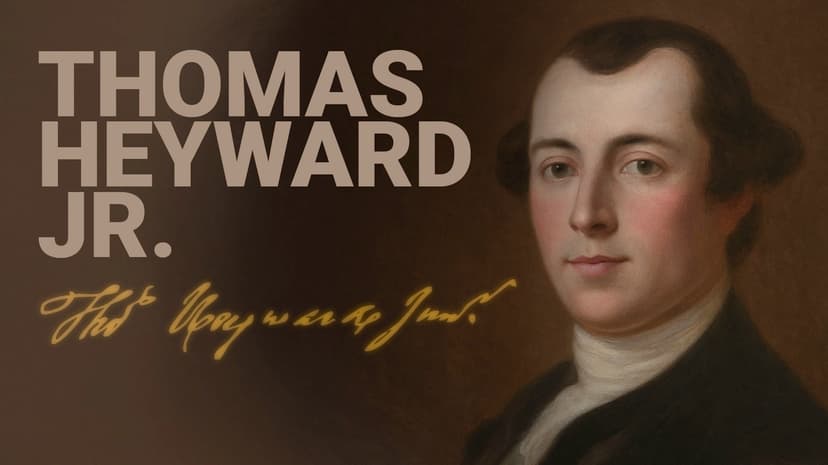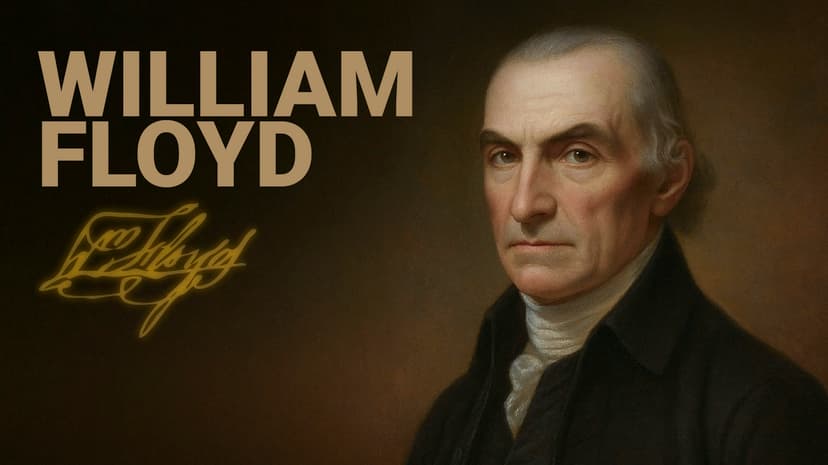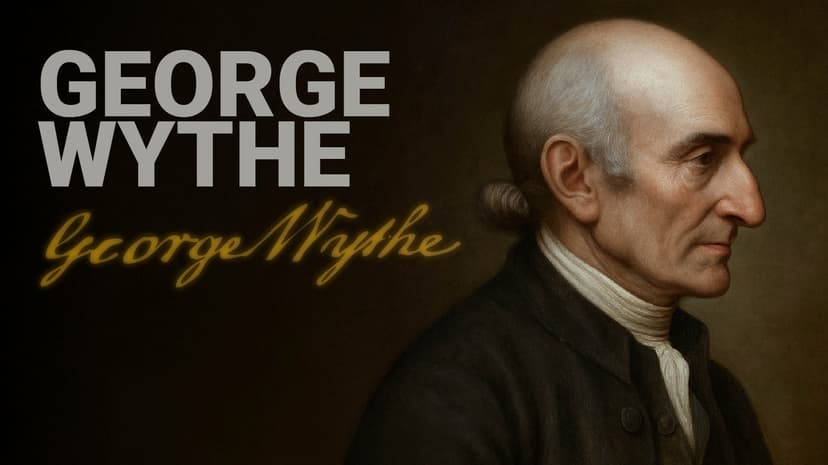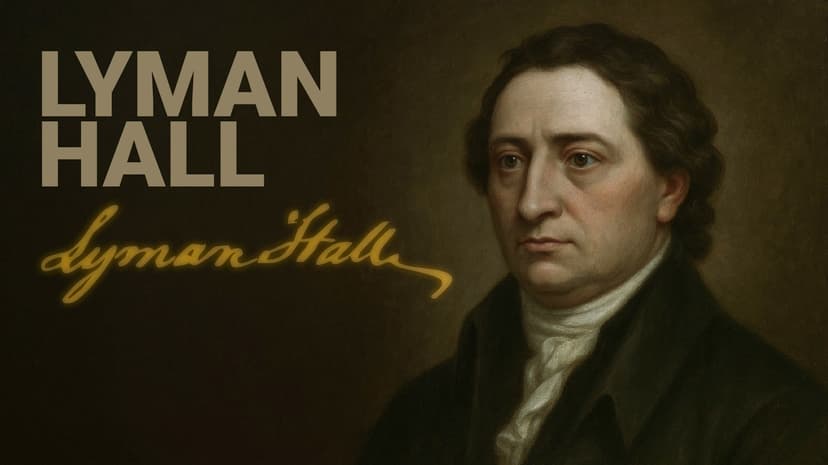Did this video impact you? Help us impact others!
Road to Liberty: Caesar Rodney
Jun 12, 2025
·Caesar Rodney was born October 7, 1728, on a sprawling farm in Kent County, Delaware. After losing his father in his youth, Rodney inherited wealth and responsibility that he used for the good of the new nation.
At 27, Rodney was commissioned High Sheriff of Kent County Delaware, and he served as an officer in the French and Indian War. Among the many public offices he held, Rodney later joined the Stamp Act Congress and the Continental Congress. No Delawarean since has matched the sheer number of positions held by Rodney and the rigor of his public life. His defining moment came on July 1, 1776, when, despite battling asthma and a disfiguring facial cancer, Rodney rode 80 miles through a thunderstorm and the dead of night from Dover to Philadelphia. Arriving at Independence Hall on July 2nd, spurs clinking, he broke Delaware’s deadlock, casting the decisive vote for the Declaration of Independence. It was an act of duty, courage, and treason that cemented his patriotic legacy.
As wartime governor and major-general, Rodney led Delaware’s militia and supported Washington’s Continental Army with all the money, supplies, and manpower his state could muster. At a low moment for the Revolutionary cause, he secured military equipment with money from his own pocket. Later, the Continental Congress elected him President of Delaware in 1778, a position he used to stabilize the state’s war-torn finances and politics.
As the War came to a close, Rodney’s health deteriorated under the strain of cancer. He became too ill to remain in political life, but as a final gesture of respect for Rodney’s honorable service to Delaware, the 1783-1784 Legislative Council elected him as Speaker. He died on June 26, 1784, leaving behind no children, but rather, a nation shaped by his sacrifice.

